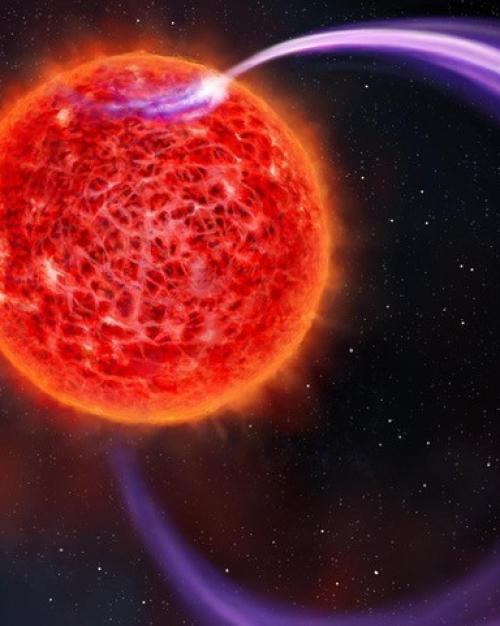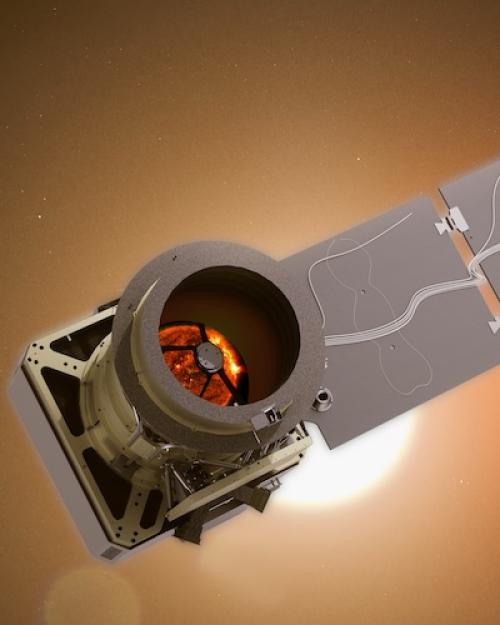The Mysterious Origin of Enceladus: A Compositional Perspective by W. McKinnon, CSI member Jonathan I. Lunine, and colleagues, email: jlunine@astro.cornell.edu
Enceladus is the first world beyond Earth for which we have diagnostic observational data concerning the composition of an extant ocean. The abundances of chemical species in the plume of Enceladus, which is sourced by the ocean, provide valuable constraints on the temperature, major ion composition, pH, and reduction-oxidation (redox) chemistry of its ocean. The pressure profile is determined by the internal structure of the moon, which also constrains temperatures in Enceladus' rocky core. The data indicate that the ocean is a relatively alkaline and reduced solution of dissolved sodium, chloride, and bicarbonate/carbonate ions just below the freezing point of pure water. Observations of silica nanoparticles and molecular hydrogen from Enceladus can be explained in terms of hydrothermal sources. We present a model in which the dissolution of quartz in hot water yields high concentrations of silica, and reduced rocks tidally heated in the presence of water supply abundant hydrogen. Future studies should seek to address many of the geochemical questions raised by the Cassini era of Enceladus exploration.





